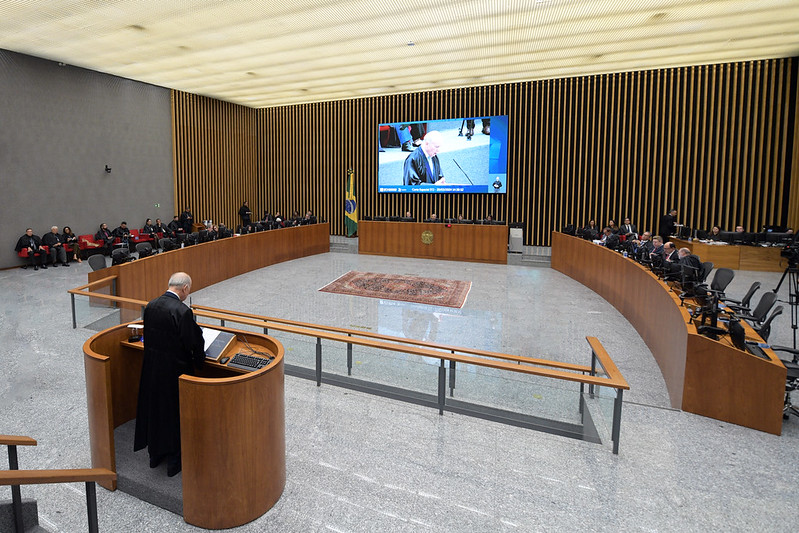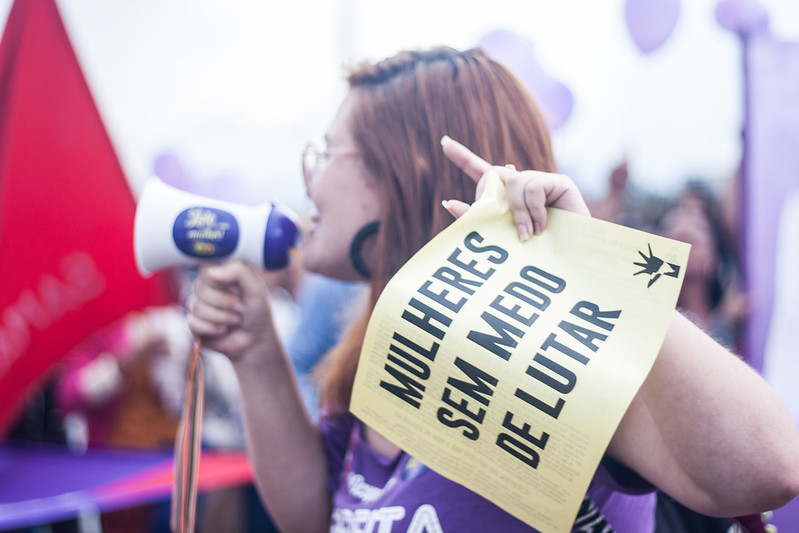São Paulo, Brazil – A Brazil court on Thursday ordered the arrest of soccer star “Robinho” so he can serve a nine-year prison sentence for a rape conviction in Italy. He turned himself to police early in the evening and was taken to a prison in the city of Santos, São Paulo.
Robinho, who played in two FIFA World Cups for Brazil’s national team as well as in Europe for clubs like Real Madrid and AC Milan, was convicted of rape in an Italian court in November 2017. On Wednesday, Brazil’s Superior Court of Justice ruled 9 to 2 that his prison sentence could be carried out in Brazil at the request of the Italian government. (Brazil’s Constitution does not allow for the extradition of its citizens).
The case is extraordinary because it’s just the second time that the Superior Court has analyzed a case of a Brazilian citizen who was adjudicated in a foreign country, according to a statement from the court. The court was given the power to validate foreign convictions in 2017 under Brazil’s Migration Law.
Superior Court Judge Francisco Falcão said, “Defending that the penalty imposed in a foreign case cannot be executed here [in Brazil] is the same as defending the impunity of the defendant, which cannot be admitted under penalty of violating the duties assumed by Brazil at the international level.”
Upon ruling, the Superior Court ordered the Federal Court in Santos, São Paulo, close to where Robinho lives, to issue a warrant for his arrest, which it did on Thursday.
Robinho can still appeal the Superior Court’s validation of the sentence to the country’s highest court, the Supreme Court. He has already submitted a request to suspend his arrest, which was denied by Justice Luiz Fux on Thursday night.

The long road to conviction
Robson de Souza, widely known as “Robinho,” was accused of raping a 23-year-old Albanian woman in a Milan nightclub in January 2013. Five friends of the former AC Milan striker are said to have participated in the sexual assault as well.
Italian police conducted a long investigation, which included telephone interceptions of Robinho speaking to friends in which he coordinated with another suspect about their testimonies for the case. They laughed about the situation and made jokes about the victim.
In 2014, Robinho left Italy for Brazil.
In November 2017, Robinho was convicted in abstenia of rape by an Italian court, where he was handed down a nine-year prison sentence.
Three years later, an appeals court in Italy confirmed Robinho’s conviction. The three judges, all women, highlighted his “contempt” toward the victim, who was also “brutally humiliated” by the player.
By 2022, the case had reached the highest levels of the Italian justice system and had been upheld after each appeal, solidifying the conviction in that country. That year, Italy requested that Brazil extradite Robinho, however, the request was denied because of Brazil’s constitutional protections against extraditing citizens.
In February of 2023, Italy filed a new request, this time asking Brazil to have Robinho serve out his sentence in Brazil. This time the request to analyze the conviction was granted by Brazil’s court in March of that year, and their ruling came down on Wednesday.
Robinho has consistently denied the allegations, but has admitted to having intercourse with the victim. According to the player, the encounter was consensual.
Last week, he gave an interview in which he claimed to have proof of his innocence – which was not presented during the trial in Italy. He also claimed to be a victim of racism by the Italian courts.
More on Brazil’s Migration Law as it related to extraditions
Brazil’s so-called Migration Law, approved by Congress in 2017, allows for the transfer of a conviction of a Brazilian citizen handed down in a foreign court. The Superior Court of Justice is responsible for analyzing and validating the conviction in Brazil.
For a conviction and sentence to be successfully transferred from a foreign country to Brazil, some requirements must be met: There must be a definitive conviction; the sentence handed down must be greater than one year; and the crime the defendant was convicted of must also be considered a crime in Brazil. A treaty or promise of reciprocity is also needed. In this case, Italy must commit to execute a sentence of an Italian convicted in Brazil.
According to prosecutor Vladimir Aras, former secretary of International Legal Cooperation in the Public Prosecutor’s Office, this section of the Migration Law is precisely meant for Brazilians who cannot be extradited, like Robinho.
“As Robinho’s conviction was handed down by the Justice of a Democratic State of Law, it can be recognized by Brazil, based on the Migration Law,” Aras said. The prosecutor believes that executing the sentence in Brazil is the best solution for the case, since Robinho’s conviction is definitive “and the process cannot go backwards.”










